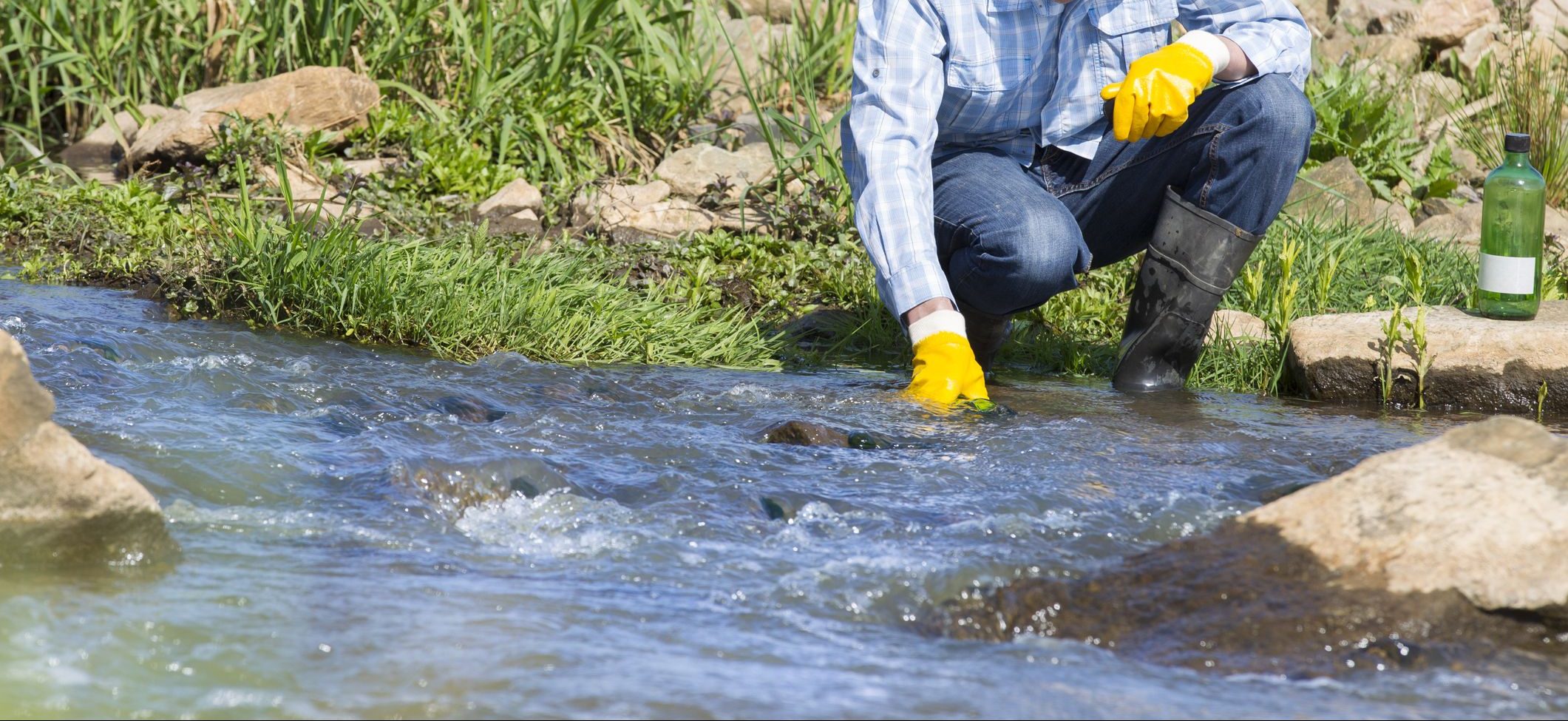A new report from the Real Estate Foundation of British Columbia (REFBC), Murky Waters: Taking a snapshot of freshwater sustainability in BC, examines the successes and failures of the provincial government’s progress on its on ensuring water health throughout the province.
A primary finding of the authors was that the available data was insufficient to adequately appraise the freshwater. The authors found that key decision makers have an incomplete picture of the challenges and threats most needing attention.
“Policy makers depend on accurate and current data to establish and enforce the regulations that keep our lakes and rivers healthy,” said Jack Wong, the foundation’s CEO. “Unfortunately, here in B.C. our leaders are working with inadequate, out of date, or simply unavailable data; better information will lead to smarter decision on how to allocate resources.”
Though most B.C. local governments have a handle on conservation plans and water health, critical measures on lake water quality, wastewater treatment levels, and more fall short. Recommendations from Murky Waters include reviving the Municipal Water and Wastewater Survey across the country and gathering more data on water quality and making it more publicly available. In this, the conclusions reached by the report authors are similar to WWF-Canada’s findings earlier this year regarding the dearth of data on Canadian water.
“As every business owner knows, you can’t manage what you can’t measure,” said REFBC chair Mandy Hansen. “Senior governments need to step up their game on data collection, monitoring, and reporting, so we can better care for B.C.’s freshwater ecosystems.”

British Columbians feel strongly that governments must defend freshwater ecosystems. In polling from 2013, REFBC found that 93 per cent of respondents agreed that “freshwater is our most precious resource,” while 89 per cent favoured strict province-wide rules and standards for water protection.
The report also emphasizes the necessity of involving a broad range of stakeholders to ensure that approaches to maintaining healthy water are effective. The authors call for the inclusion of “local and First Nations governments, academia, industry, and nongovernmental organizations.”
REFBC is a philanthropic organization that helps advance sustainable land use in British Columbia. It provides grants to non-profit organizations working to improve B.C. communities and natural environments through responsible and informed land use, conservation, and real estate practices.









